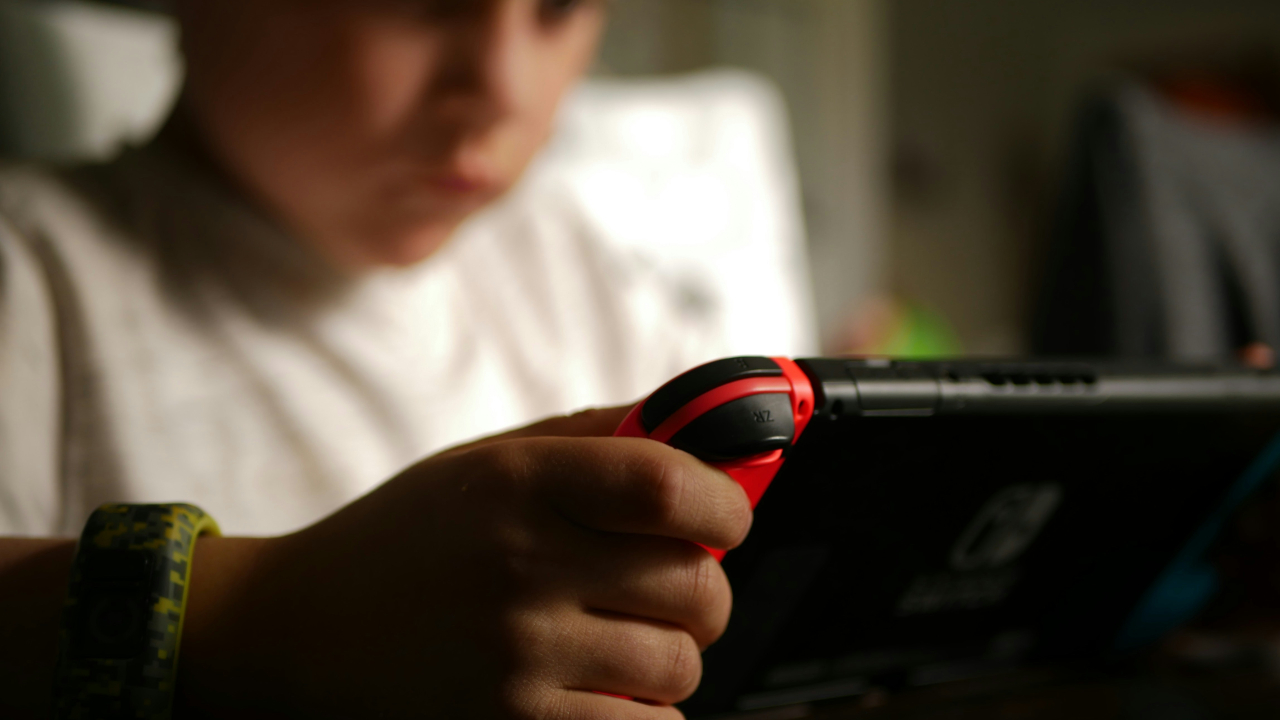The International Day of Women and Girls in Science – Promoting Equal Access in STEM

Implemented by UNESCO and UN-Women and in collaboration with other institutions and civil society partners, the day is an opportunity to promote full and equal access to and participation in science for women and girls. This year’s theme is “Women Scientists at the forefront of the fight against COVID-19”, gathering global experts the main event will be online with panel sessions focussing on The impact of COVID-19 on the research and scientific careers of women scientists and Women scientists at the forefront of the COVID 19 research.
Innovations resulting from science, technology, engineering and mathematics (STEM) are key to tackling some of the greatest global challenges from improving health to combating climate change, and innovations require a diverse pool of talent. Enhancing diversity is key to long-term economic growth and global competitiveness.
A recent study by the World Economic Forum found that when it comes to the world of science women are in the minority. Less than 30% of the world’s researchers are women and this under-representation occurs in every region in the world.
Not enough women are studying STEM related fields at higher education with the same study finding that 3% of students joining information and communication technology (ICT) courses across the globe are women. That improves slightly to 5% for mathematics and statistics courses. And it increases to 8% for engineering, manufacturing and construction courses.
Women in STEM updated a recent study into Higher Education choices using recent data from UCAS and findings from WISE and this was updated in light of the current pandemic it found that just 5% of STEM students in higher education in the UK are women and that year on year core STEM subjects have seen only a small increase of around 1,000 female students. They also found that 74% of female students surveyed thought that diversity initiatives were either extremely or very important in the workplace. In the same white paper study, respondents stressed the important of these initiatives being properly researched and implemented and shouldn’t be a case of fulfilling quotas.
“There is nothing more motivational to our girls than knowing they can change the world, if they first take the time to understand it. With climate change, the Hope Mission to Mars and the pandemic in 2021, it is crucial that girls around the world have access to scientific knowledge to empower them to make their own life changing decisions.”
Linda Parsons, Deira International School, Educational Technology Lead
Stay up to date
Subscribe to the free GESS Education newsletter and stay updated with the latest insights, trends, and event news every week. Your email address will remain confidential


